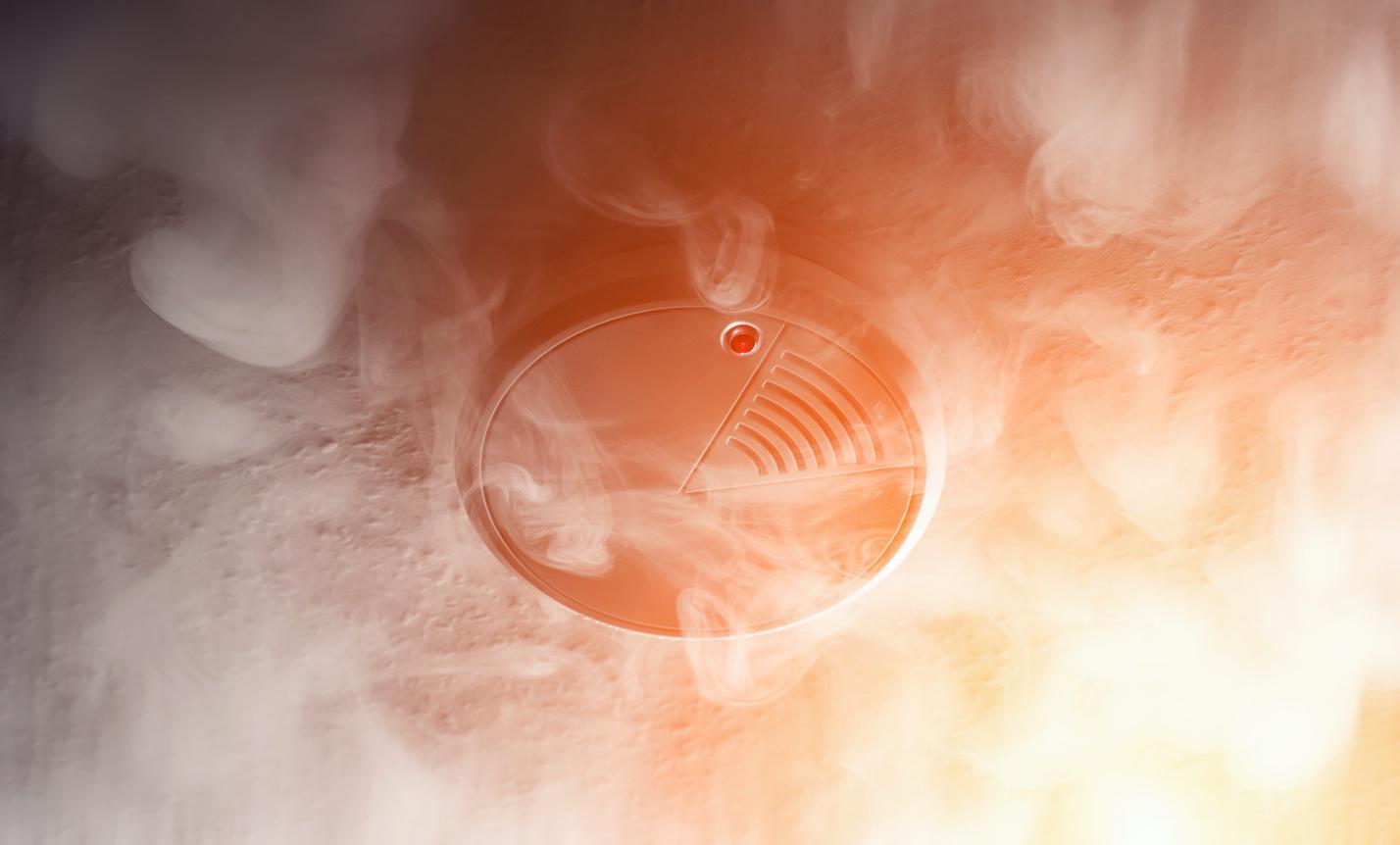How to Choose the Right Smoke Alarm
- Written by Samantha Ball

In a house fire, smoke can often be more dangerous than the fire itself. Over half of fire-related deaths are actually caused by breathing smoke. Furthermore, death by smoke inhalation can happen within just a few minutes. The average person can only survive three minutes without oxygen, and at that point, they will probably have suffered brain damage.
This is why it is essential to have working smoke alarms in your home. Alarms systems can make the difference between life and death, so it's crucial that you choose efficient alarms for your home. Read on to learn how to choose the right smoke alarm for you.
Types of Smoke Alarms
In general, there are two main types of smoke alarms used in homes. These are ionisation and photoelectric alarms.
Ionisation Alarms
To detect fires, ionisation alarms have a very small amount of radioactive material in them that reacts to particles from the fire. This type of alarm is very effective at detecting fast fires that aren’t emitting a lot of smoke. However, many house fires smoulder and smoke for a while before bursting into flame. This produces a lot of smoke that could be circulating through your house before the alarm goes off.
Photoelectric Alarms
These types of alarms contain a photocell with a light beam shining away from it. When smoke particles break the light beam it scatters the light, causing some of it to strike the photocell. This causes the smoke alarm to sound. Because it works by detecting smoke particles, it is good for smouldering, smoky fires. However, insects and dust can also trigger false alarms.
Dual sensor alarms combine the technology of both alarms and have the pluses and minuses of both.
What’s the Difference Between Smoke Alarms and Smoke Detectors
As a layperson, you’ve probably used the terms smoke alarms and smoke detectors interchangeably. However, there is a distinct difference between the two.
Smoke alarms are a self-contained system. There can be a single detection point or multiple ones throughout the building, but there is no central detection system. These are most common to see in houses.
Smoke detectors are a system of smoke detecting devices. They are an interconnected system and it is often remotely monitored offsite. This type of system is often used in hotels, hospitals, and other commercial settings.
Best Type of Smoke Alarm
Photoelectric smoke alarms are generally considered to be the best type of alarm for residential use. Most house fires spend a lot of time smoking and smouldering before bursting into flame. It’s crucial for residents to be warned while the fire is still in this stage to both escape safely as well as minimize damage by putting out the fire early.
What to Look for in a Smoke Alarm
When buying smoke alarms, keep an eye out for these features:
-
* Hush button: to silence false alarms
-
* 10-year lithium battery: when hard-wired is not available
-
* Test button: to ensure it is working properly
-
* Interconnectable: so all alarms go off at the same time
Happy Alarm Buying!
Working alarms are vital for your and your family’s safety.





